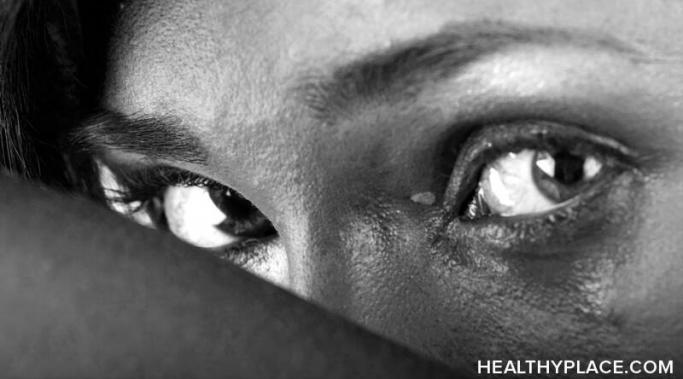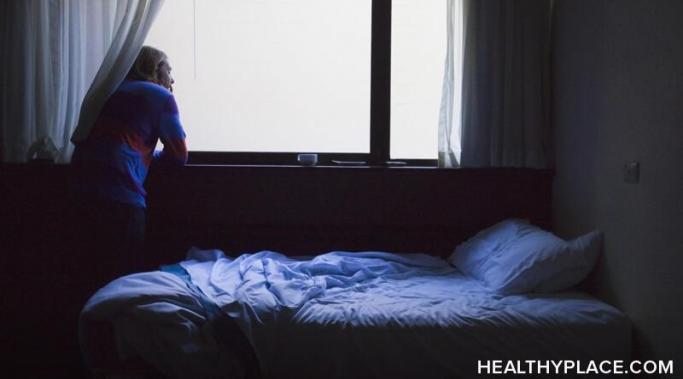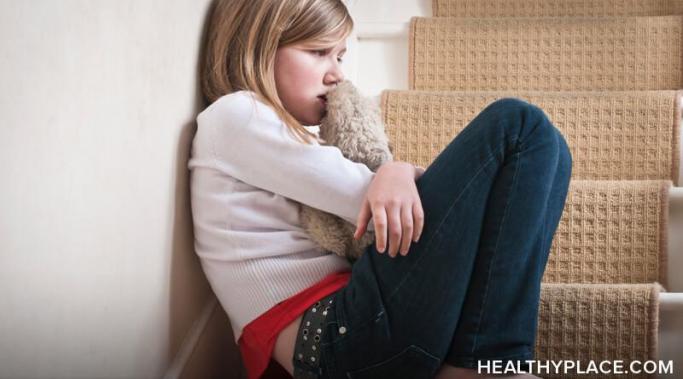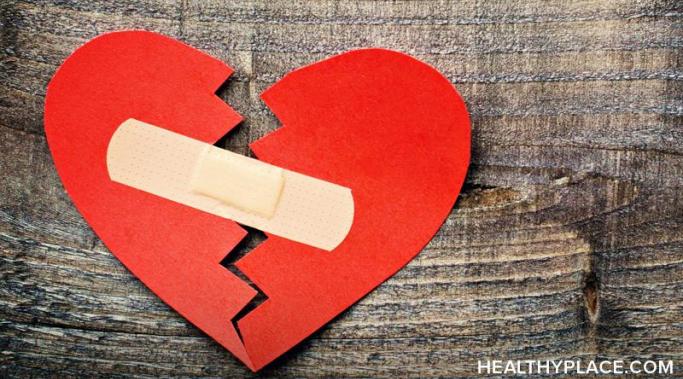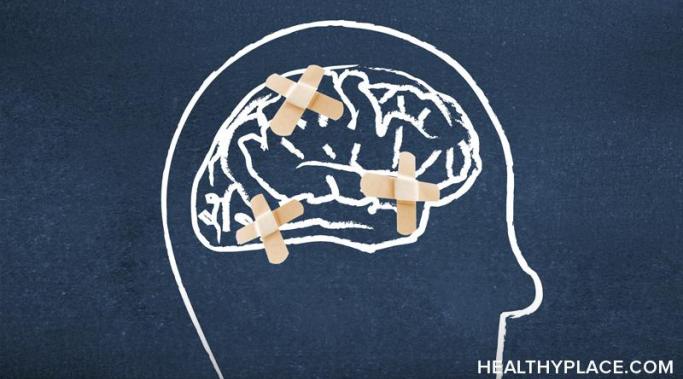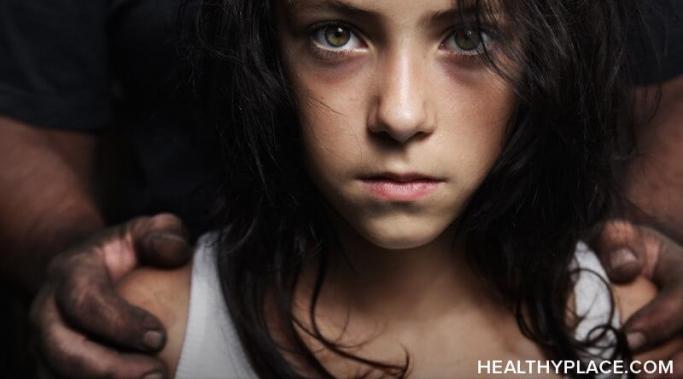As a child, I experienced three years of sexual abuse at the hands of a family member. As a teenager, I fell asleep drunk on a train and woke to a stranger's hand in my underwear. In the past, I've discussed the impact this abuse has had on my early experiences with sex and on my relationships with my family. Today, I'm going to talk specifically about how this abuse has impacted two of my most serious relationships.
Relationships and Mental Illness
Do you have phone anxiety? In our current society, there are nearly endless forms of communication. With these new forms of communication comes new anxiety. After all, there is no denying that a lot can be lost in translation when communicating via technology, as opposed to catching up with someone face-to-face. Add a dash of generalized anxiety disorder into the mix, and this phone anxiety can skyrocket and become nearly unbearable. Here are some ways that I have learned to cope with phone anxiety.
Sexual harassment is a topic I discuss with a new friend from school. On Monday nights, we take the train home from class together. We get out late, after nine o'clock.
My mental health condition affects the breakups I've experienced. A breakup, or the ending of any relationship, can be one of the most devastating events that anyone may have to face in their life. As someone who used to describe myself as a serial monogamist, I sure have had my fair share of heartbreak. I understand that no one enjoys getting broken up with; however, I have noticed that breakups hit me harder than most. I have always been someone who feels extraordinarily deeply, both the good and the bad. This ability to feel deeply, combined with my mental health conditions, has affected how I experience breakups in a myriad of ways.
Depression damaged my relationship with my doctor because I learned I couldn't trust her. Just last year, I was diagnosed with a chronic autoimmune illness called Behcet's disease, but I've had it my whole life. Prior to diagnosis, my doctors treated my symptoms with heavy-duty steroids. It worked. The treatment wiped me clean of mouth ulcers, abdominal pain, migraines, knee swelling, and internal bleeding. It was like magic.
Sexual abuse impacts my life, even today. Around the age of three or four, I had my first experience with sexual abuse. My cousin would lead me into an empty room and initiate "truth or dare" games. He would dare me to undress, then it would start. He was a teenager at the time. Once our parents found out what was going on, they put an end to it, but the experience of sexual abuse impacts me and the decisions I make.
It was not until I experienced a loss that I felt like I truly knew how to support a grieving friend through the grief process. Grief is inevitable and life is riddled with loss, whether it be in the form of death or a devastating breakup. Therefore, there is going to be a point in your life where you are going to be the shoulder to lean on. There are appropriate ways to help someone who is going through a hard time and there are inappropriate ways (such as not being there for someone at all). Here are some helpful hints for supporting a grieving friend.
The therapeutic alliance between you and your therapist is an important one whether you discuss mental illness or physical illness. I started therapy to better manage the mental symptoms of chronic illness, an autoimmune disease called Behcet's. After all, there's plenty for me to work through. Because I develop abdominal pain when I eat, I have developed a complicated, even disordered relationship with food. I have anxiety when I leave my apartment, fearful that I'll have a flare and will be trapped in a less than ideal setting. When I take steroids, there comes an unfortunate depression side effect. The list goes on.
If you want to get on my bad side (for a few weeks, at least), appropriating my mental health is the swiftest and surest way to land yourself there. When I use the word "appropriate" I mean the seizing and claiming of something for oneself, in this context, a mental disorder.
I was a victim of intrafamily sexual childhood abuse. I was three years old when my teenage cousin began sexually abusing me. It would start with a game of truth or dare, during which he would make me expose myself, touch him, and allow him to touch me. It continued for two years. Finally, our parents discovered one of these "games," and put an end to it. But we continued to attend the same holiday parties and family gatherings. I dreaded our meetings my whole childhood. These are the ways it impacted my relationship with my family and the things I wish my family had done differently.


